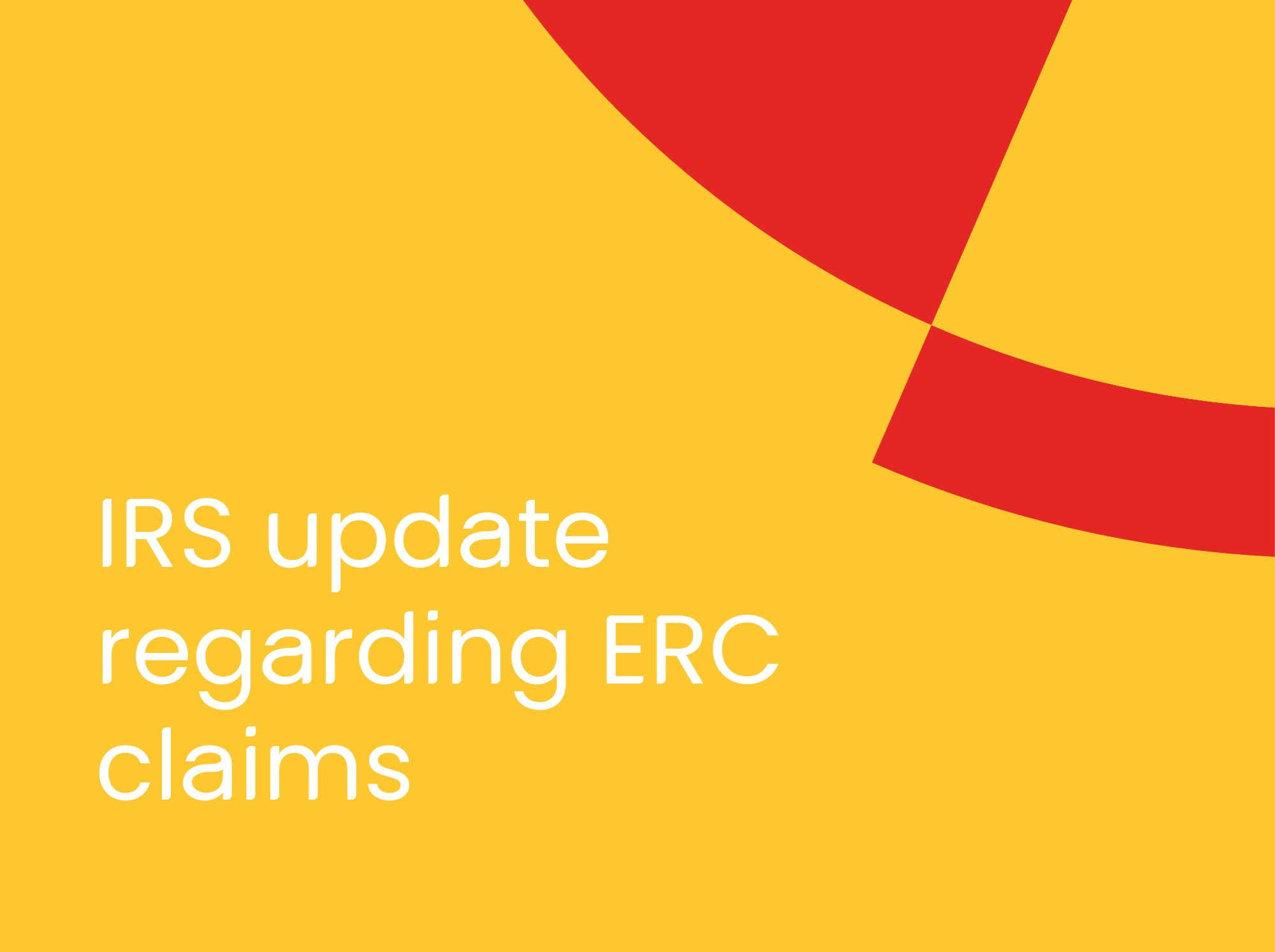The IRS issued Notice 2020-65 on Friday, August 28, 2020, giving preliminary guidance on the payroll tax deferral ordered on August 8, 2020, by a Presidential Memorandum directing the Secretary of Treasury to defer the withholding, deposit, and payment of certain payroll tax obligations.
IRS guidance:
- The Memorandum and the Notice do not require the employer to defer the taxes.
- Employers can opt to not withhold the 6.2% Social Security payroll taxes from their employees’ paychecks from September 1, 2020, through December 31, 2020.
- Employers can only defer the Social Security tax for employees who earn wages less than $4,000 on a biweekly basis.
- The employer must “ratably” withhold any deferred tax from the employee’s wages from January 1, 2021, to April 30, 2021. This effectively doubles the employee’s Social Security tax for the period.
- If an employee leaves a company before April 30, employers may make arrangements to otherwise collect the tax from the employee.
- Any deferred withholding that is not repaid as of April 30, 2021, will be subject to interest, penalties, and additions to tax and will begin to accrue on May 1, 2021, with respect to any unpaid taxes.
Prior to the release of the IRS notice, Secretary Mnuchin had publicly stated that the payroll tax deferral announced in the Presidential Memorandum would be optional for all employers. Although the IRS notice does not explicitly state that the guidance is optional, the postponement of the withholding and payment due dates would appear to provide such a result as there is no provision in the notice that would preclude employers from continuing to withhold and pay the Social Security tax using the regular due dates.
Remaining questions:
After the release of the Presidential Memorandum, many businesses raised concerns about the collection of deferred taxes from employees that leave employment before the deferred taxes are repaid. The notice appears to place responsibility for remitting the deferred taxes with the employer, rather than the employee. However, the notice states that, if necessary, the employer may make arrangements to collect the total amount of deferred taxes from the employee.
Unfortunately, the notice is silent in regard to what shape or form those arrangements may take. Employers that decide to participate in the deferral may want to consider implementing a policy to address such situations and communicating said policy to their employees.
The notice is also silent related to the applicability of the Trust Fund Recover Penalties. This authorizes a penalty against any responsible person required to collect, account for, and pay over certain taxes, including the employee portion of social security taxes, held in trust who willfully fails to perform any of these activities. The responsible party may be (but not limited to) a corporate officer or employee, a member of a partnership, corporate director or shareholder.
Caution:
Based on these identified risks and the limited information provided by the US Treasury notice we strongly suggest that employers consider whether or not they want to participate in the deferral program. If you feel comfortable with the program, we’re happy to assist you in considering the appropriate manner to navigate and report the deferral.
For more information, please contact:
Beth Ulbrich, CPA
Partner
(847) 649-8826
bulbrich@muellercpa.com
OR
Robin D. Linklater, MST, CPA
Tax Director
(312) 888-4629
rlinklater@muellercpa.com



